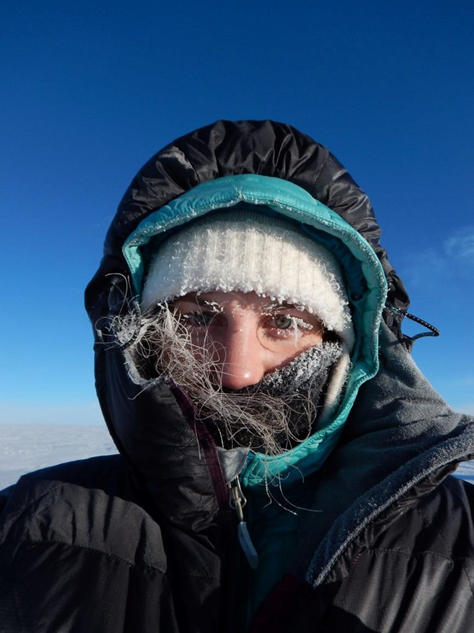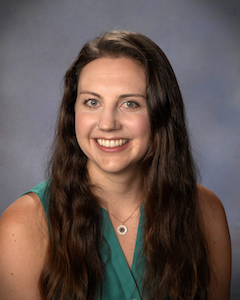Greenland’s ice in a warming world
Registration – In person | Registration – Online

Environmental changes in the Arctic cryosphere have been occurring at unprecedented rates over recent decades. While Arctic-wide trends of recent cryospheric change indicate overall decline, there remains a large range in the timing and magnitude of response by ice-ocean processes at the regional and local scale. Combining field measurements with GIS and remote sensing methods can help us develop a better record of fluctuations in both the long-term and seasonal trends of cryospheric and oceanic phenomena. Analyzing different ice-ocean processes and the linkages between them in a particular region can help elucidate the spectrum of response that region may have as the climate continues to warm, including the potential crossing of critical thresholds in behavioral trends. The West Greenland region is home to the dynamic southernmost sea ice edge, as well as numerous marine-terminating glaciers that drain large portions of the Greenland Ice Sheet. Given the impacts sea ice has on Northern Hemisphere weather patterns and contributions glacier retreat has on global sea level rise, assessing ice-ocean variability in this region is crucial for understanding the potential societal impacts of future climate change.

Ashley York is Lecturer of Geospatial Analysis in the Department of Geography, Planning and Sustainability at Rowan University. She received her PhD and an M.A. in Geography from Clark University in Massachusetts. She also holds an M.S. in Applied Geospatial Sciences from Northern Arizona University, and a B.S. in Geography and Statistics from the University of Nevada, Reno. Supported by the US National Science Foundation (NSF), Ashley’s dissertation research focused on GIS and remote sensing techniques for monitoring changes in glaciers and sea ice along the coast of West Greenland. This work has been published in highly ranked international journals, such as Remote Sensing and the Annals of Glaciology. In 2020, she was a member of the Training and Retaining Leaders in STEM (TRELIS) fellowship, a professional development opportunity for women in the geospatial sciences in higher education. At Rowan, Ashley serves in a more teaching-based and student-oriented role, where she oversees the GIS Mentors program and teaches a variety of GIS courses, as well as a specialty course on the Geography of Beer. She also chairs the department’s DEI committee, and serves on a number of university-wide DEI related committees. Along with a number of other Rowan faculty, Ashley is currently a co-PI on an internally funded grant investigating Emotional Mapping of Green Infrastructure (EMoGI) in Camden, New Jersey.
